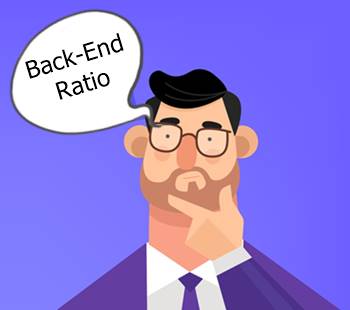
Back Stop
What is a Back Stop?
A back stop is an act of Offering a last chance of support in the securities offering for such parts of shares that are unsubscribed. For instance, if a company is raising Capital through issues, to get a guarantee of the amount received, the company will get a back stop from either a significant shareholder or an underwriter to purchase any of the unsubscribed shares.

A back stop operates in the form of insurance. It offers an assurance that a specific offering amount will be bought by an organization in case the offering’s portion is unsold in the open Market. Generally, sub-underwriters that represent the organization, enter in an agreement that refers to as a contract or an underwriting deal.
These deals offer utmost support for the offering by allowing to purchase a part of the unsold shares. If all the offerings are bough via regular investment, the contract is rendered void. Furthermore, such a contract can also take several forms.
For instance, the underwriting firm can offer issuer a revolving credit loan to increase their credit ratings. Or, they can even issue credit letters in the form of a guarantee to increase capital.
Talk to our investment specialist
Back Stops Insurance
Although, not a real insurance plan, a back stop offers security via the assurance that a specific share amount will be bought if it fails to accrue enough investors in the Open Market. On top of that, the agreement takes the complete responsibility of providing adequate capital in exchange of available shares.
This provides a guarantee to the issuer that at least some capital will be raised, irrespective of the activities being executed in the open market.
Who Gets the Ownership?
In case the underwriting firm takes possession of the shares, as ascertained in the agreement, then the shares will belong to that firm to manage accordingly. However, the company that is issuing these shares can put some limitations on the trading aspect.
Lastly, it is the underwriting firm that gets to sell or hold the related securities according to the regulations.
Back Stop Example
Let’s take a back stop example here. Suppose a company is offering 100% back stop worth Rs. 10,000,00,00 for an unsubscribed portion of another company’s rights. Now, if the second company is trying to raise Rs. 20,000,00,00 but only gets Rs. 10,000,00,00 through investors; then, the first company will buy the remaining shares.
All efforts have been made to ensure the information provided here is accurate. However, no guarantees are made regarding correctness of data. Please verify with scheme information document before making any investment.












